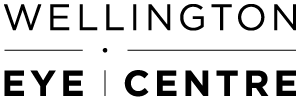
Wellington Eye Centre Optometrist
Hobby glasses are easily purchased from pharmacies, department stores, the warehouse, supermarkets and even in some $2 shops! Hobby glasses are also known as ready-made reading glasses, over the counter reading glasses, magnifying glasses or readers.
They are quick and easy to buy, rarely more than $30.00, but do they damage your eyes?
The short answer is no, they don’t damage your eyes.
The long answer, there’s a few things you need to know about them, to guard yourself from future problems.
Have regular eye checks!
There is a huge number of people whose only need for spectacles is after the age of forty, and only for near tasks like reading or computer screen work. This is caused by age related changes called presbyopia. The majority of presbyopic people will cope very well with hobby glasses.
However, if you are choosing your hobby glasses on your own, without advice from your Optometrist or Ophthalmologist, there is a good chance you aren’t having regular thorough eye examinations. Regular eye examinations are essential for people over forty; as eye disease like glaucoma can be present with no visual side effects.
How often you should have your eyes tested depends on several things. This includes your age, general health, family history of eye disease and whether you have had previous eye related problems.
A good rule of thumb is, to have a full and thorough eye examination every two years.
Bear in mind that the driver’s screening test, the one you do at Vehicle Testing New Zealand (VTNZ) or at Automobile Association (AA) is not a full eye test. You can also have a driver’s screening test at your Optometrists. A screening is a shortened, less in-depth test and does not examine all aspects of your ocular health and vision. The same goes for Diabetic Retinal Screening tests. These screening tests do not count as a full thorough eye examination.
Hobby glasses are designed to suit most eyes, but not all.
To keep hobby glasses at an easily accessible price, they are made in bulk. For this reason they are designed to fit the majority of eyes, not all eyes. This means:
- They provide both eyes with the same correction, as if the eyes are both identical. Looking through hobby glasses of the wrong power can cause eye strain, making one eye work much harder than the other.
- Hobby glasses do not correct for astigmatism. Uncorrected astigmatism can cause blur that makes some people squint and strain, leading to headaches, eye strain and tired eyes.
- They do not correct myopia (short sightedness). But can be useful for myopes over 40 years, who are wearing distance correcting contact lenses.
- There is a limited range of powers. Most are only available in +1.00, +1.50, +2.00 and +2.50. A few brands might also make +1.25, +1.75 and +2.25. And even less companies make powers greater than +2.50.

Over the counter reading glasses just don’t fit my face!
Hobby glasses are usually designed to fit one sized face. So it can be really tricky to find something to fit if your head is larger or smaller than average. Spectacles that are too big will fall off a lot. Whilst spectacles that are too small can dig in and rub against the nose, cheeks and behind the ears. Spectacles are also more likely to break and to be uncomfortable if they are poorly fitting.
An Optometrist can adjust prescription spectacles for a better fit. However hobby glasses are usually made out of cheaper materials, so they can’t be heated, reshaped or bent as safely as higher quality materials can be.
The lenses in hobby glasses are made with one sized head in mind. Your Optometrist or Dispensing Optician will measure the distance between your eyes, called the PD (pupil distance) when you order prescription spectacles. Lenses are then glazed into your spectacle frame with this PD in mind. This means that the optical centre of each lens, the clearest part, is aligned with the centre of your eye. This optimises your vision, reducing distortions and eye strain. Hobby glasses are made using a standard PD, so it is likely that the optical centre of each lens will not be aligned for your eye.
If the optical centre of the lens is not placed in front of the centre of your eye it can induce something called prism. Unwanted prism in spectacles can cause eye strain, headaches, muscle imbalances, nausea and double vision! You are more likely to experience these side effects if you are using higher powered hobby glasses (over +2.00) or if your spectacles are not well fitted.
Prism in spectacles can be very helpful, and for specific eye and visual conditions it is intentionally prescribed.
How long should my readers last for?
It’s hard to say how long you could effectively use a pair of hobby glasses for. Hobby glasses aren’t designed to be long lasting. Hobby glasses are more likely to show wear and tear than prescription spectacles, because they are made of cheaper materials. And because they are cheaper, we tend to be a bit rougher on them.
Repairing them isn’t always an option. If a lens falls out, there is a chance your Optometrist may not be able to find a screw to tighten the frame, or there may be too much buckle in the frame to allow them to reinsert the lens.
Soldering a broken pair of hobby glasses is throwing good money after bad. The cost of soldering is usually greater than the starting price of the hobby spectacles.
The plastic used to make the lenses in hobby glasses is a softer material than those used in prescription spectacles. As a result these lenses are more likely to get scratched, the plastic can go cloudy and it is unlikely they will have an anti-reflective coating on them. Anti-reflective coatings are helpful in reducing glare and reflections when using devices such as phones, tablets and computers.
By using cheaper materials, the lenses in hobby glasses are also more prone to have small defects in the lenses, this can cause blur and eye strain. Having to look through a scratch or other lens defects can be very annoying!
Hobby glasses are so much fun though!
It’s true, you can get some super fun colours and designs, and at a fraction of the cost of prescription glasses, so why not have a few pairs! Just make sure you are still getting regular eye health check-ups and that you aren’t causing yourself unnecessary eye strain.
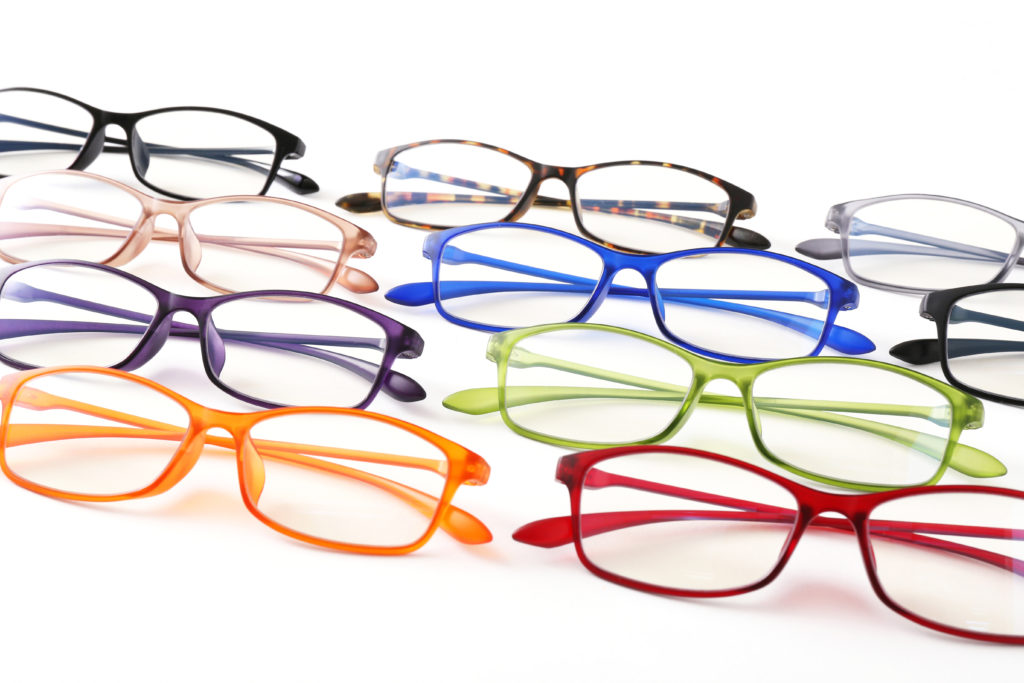
Did you know you can have laser surgery to reduce your need for reading glasses?
Until recently, if you were 40 years or older, laser eye surgery might not have been suitable for you. That’s because we haven’t always been able to counter the visual effects of presbyopia, the age related condition that reduces our near vision.
Presbyopia affects your near vision, which gets steadily worse up to the age of 60, and results in the use of reading glasses, bifocals or progressive spectacles.
In the past, surgeons would be able to correct a person’s distance vision with laser eye surgery, but for those people over 40 their near vision would require spectacle correction fairly soon or the alternative would be laser vision correction using the set up called monovision. Monovision wasn’t suitable for everyone.
But now there’s Laser Blended Vision!
To overcome traditional monovision limitations, Carl Zeiss Meditec has developed a very sophisticated procedure known as laser blended vision. In laser blended vision, the dominant eye is corrected mainly for distance vision and the non-dominant eye mainly for near vision. This technique also increases each eye’s range of focus. As a result, there is a region where both eyes are contributing to your vision, we call this region the blend zone. In monovision this same area isn’t in focus for either eye, and is often referred to as the blur zone. Lazer blended vision allows you to see at near, intermediate and distance without glasses. Because the eyes are able to work together in more situations, it’s much better tolerated than traditional monovision.
So with the advent of laser blended vision there is now an option to help those over 40 who need distance and near vision correction. And it can also help those lucky individuals who have never needed help with their distance vision, but who curse daily at the having to take their reading spectacles on and off!
If you have any questions about your eyesight or how laser eye surgery might benefit you, please get in touch. We’d love to help. Book a free assessment or call us on 0800 733 327.

Everything You Need To Know About Dry Eye
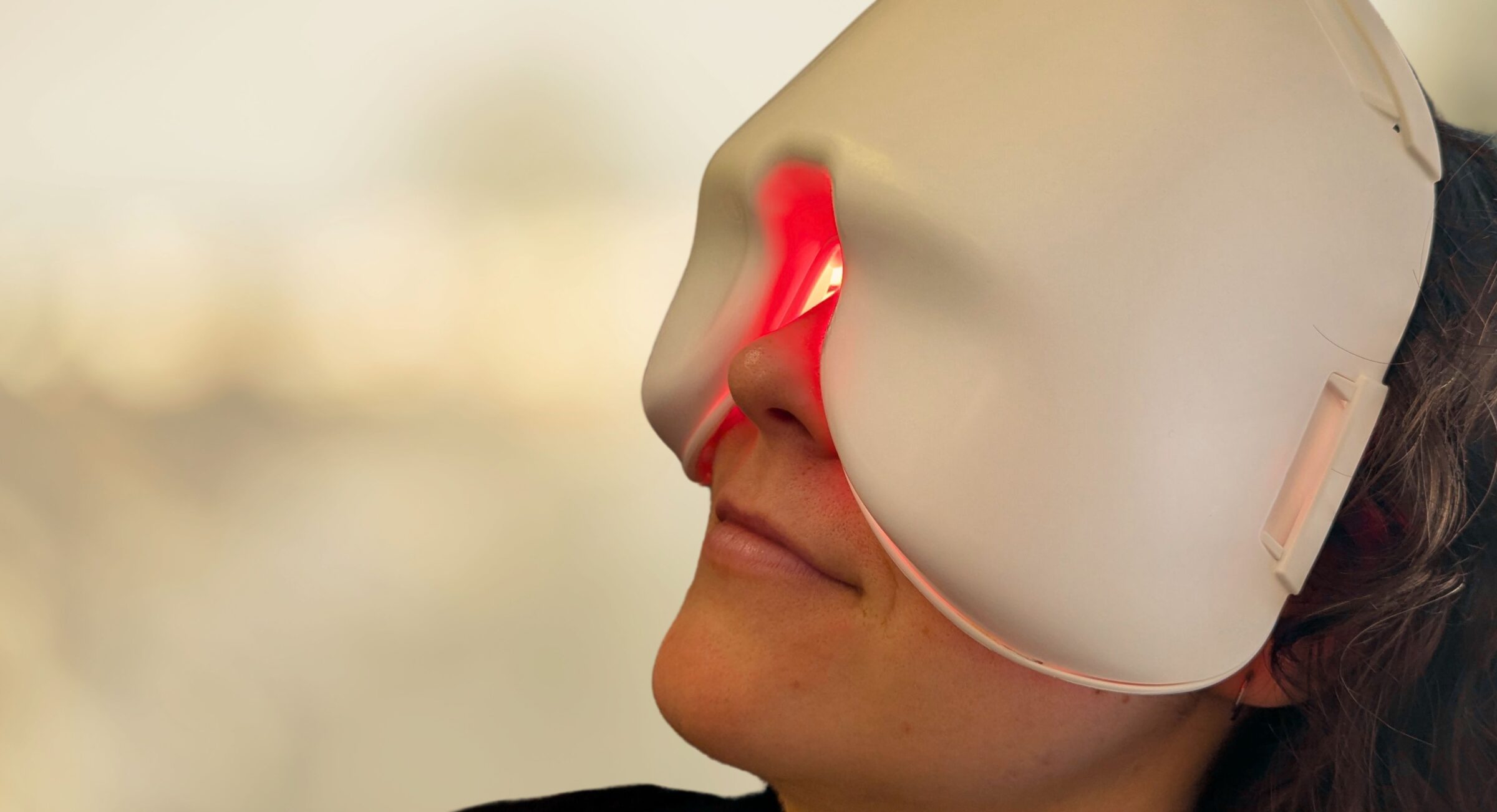
Low-Level Light Therapy for Dry Eyes
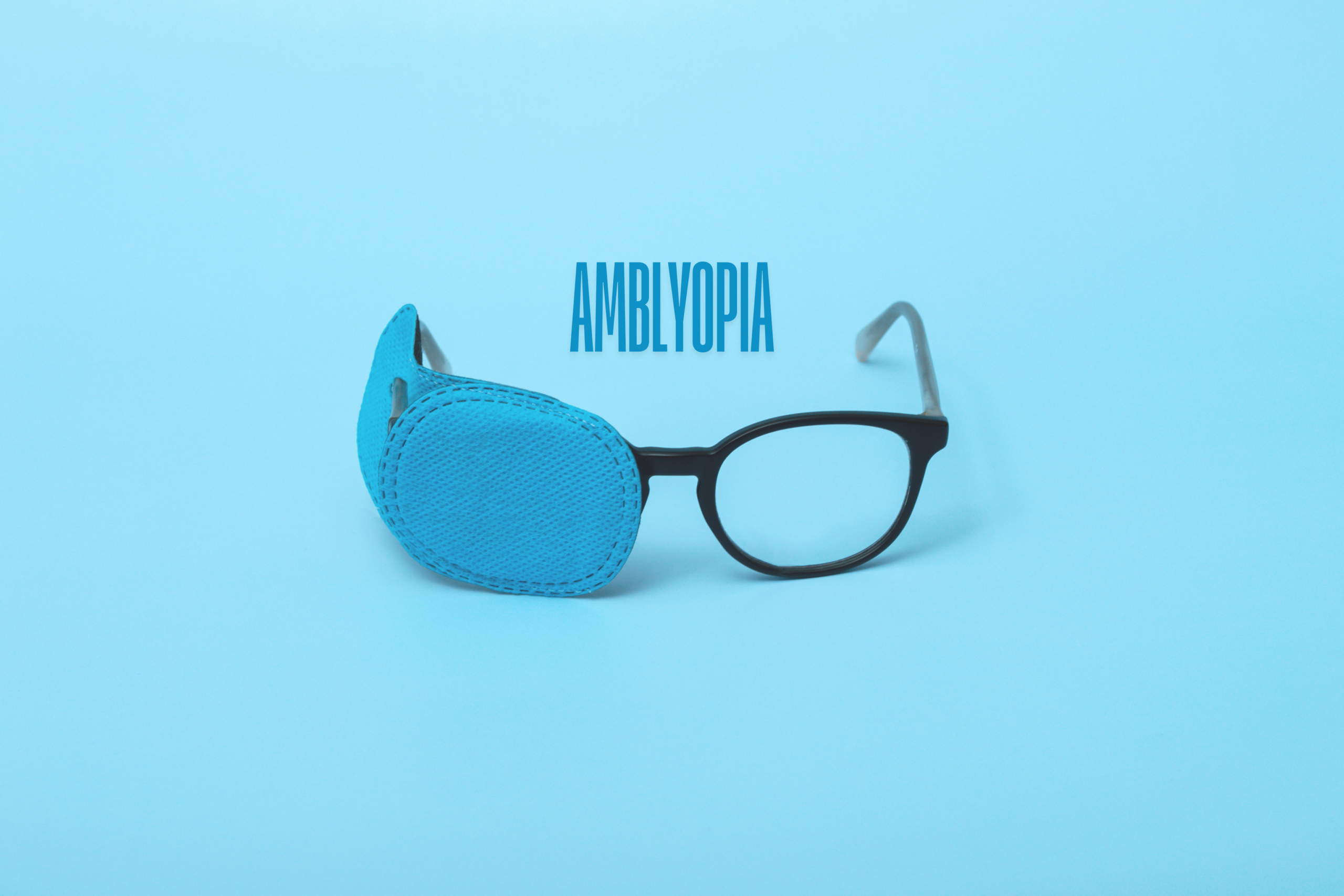
Amblyopia and Laser Eye Surgery

Marijuana’s effect on the eyes

Festive Season and Your Eyes

Everything You Need To Know About Dry Eye
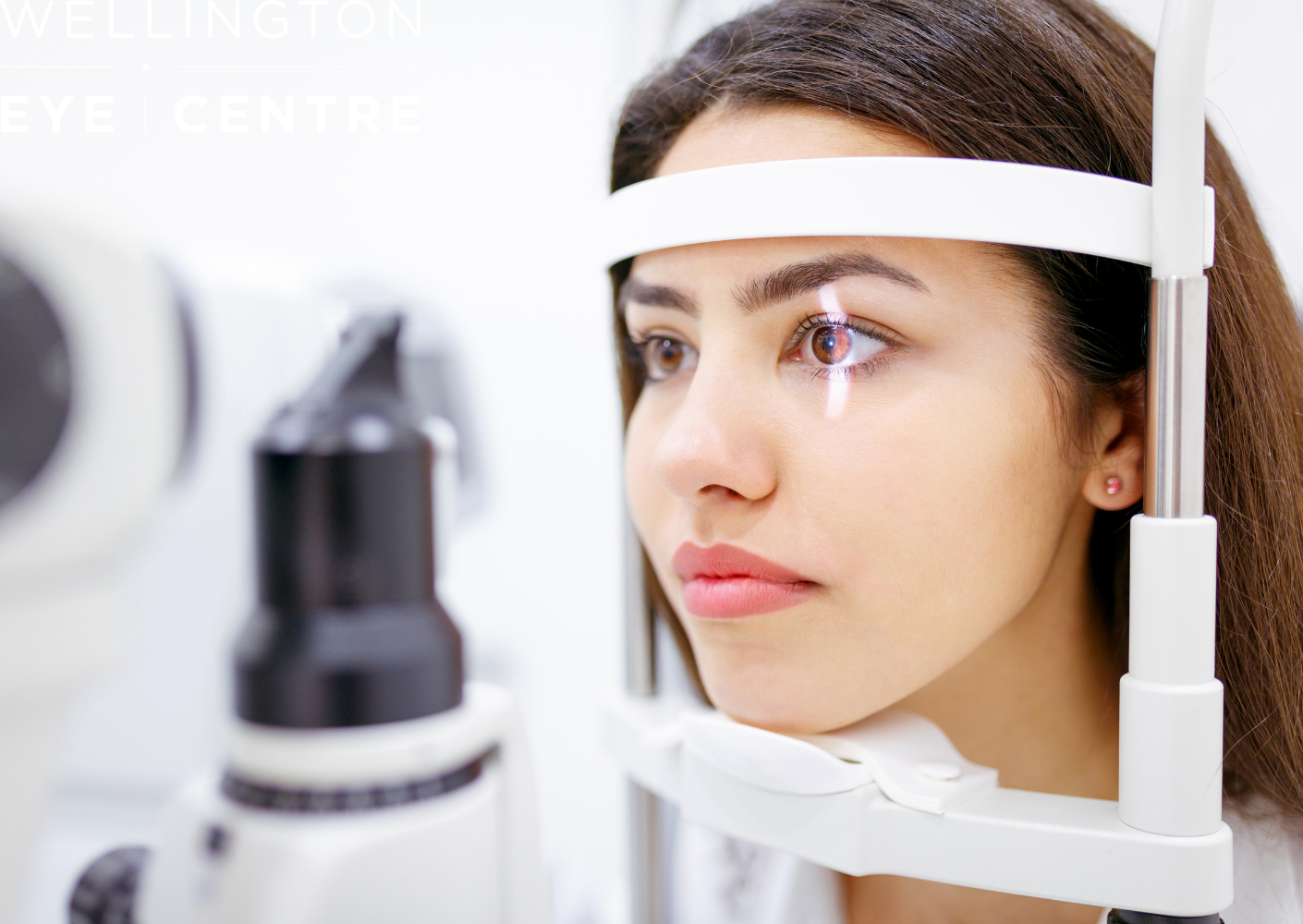
What to expect during your Laser Suitability Medical Assessment at Wellington Eye Centre

Low-Level Light Therapy for Dry Eyes

Common Medications Used in Laser Eye Surgery

